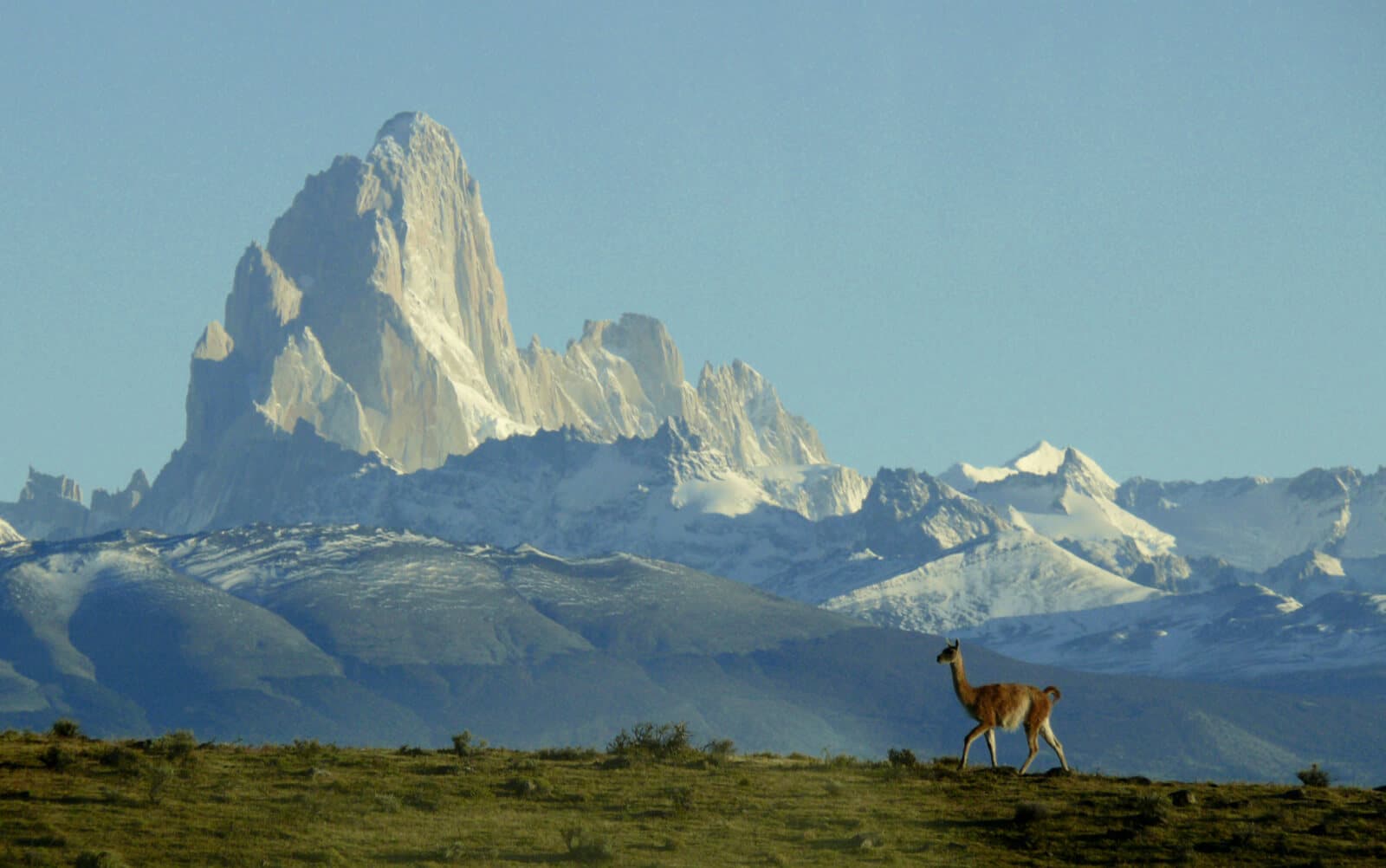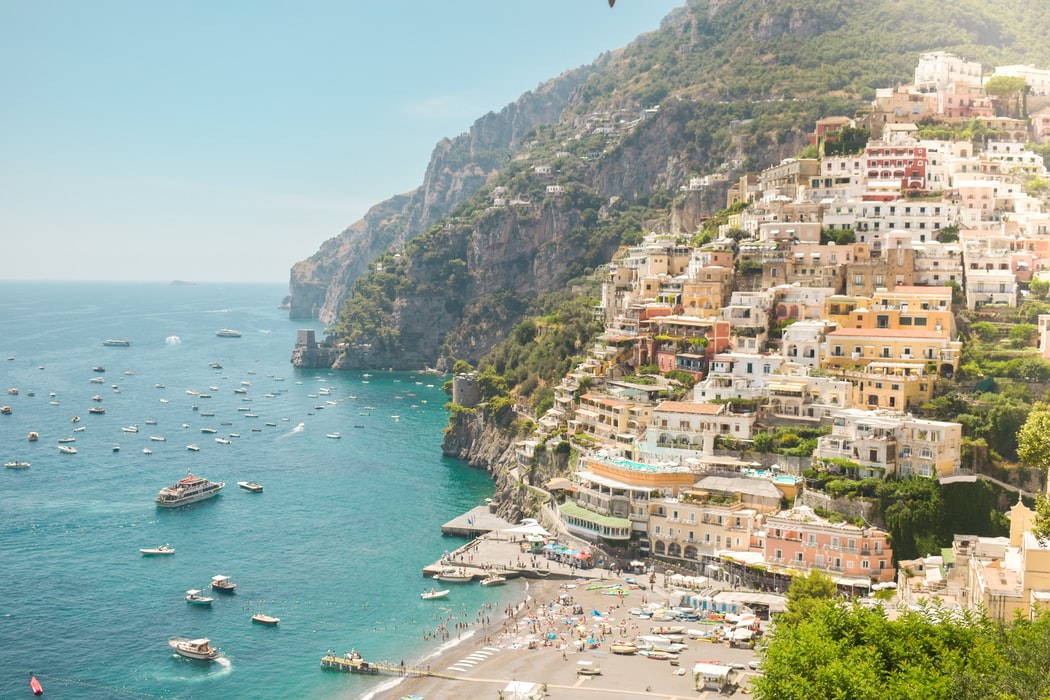Essentials & Advice
Latin America
Published on November 14, 2011
A Patagonian’s Perspective on the World
By Steph Gulledge
![]()
 The mark of any good guide is their ability to take you into the very soul of a place—to help you discover, experience and understand it in a way that will forever enrich your appreciation. They are a wellspring of knowledge, able to depict history and culture, discuss geography and add dollops of arcane knowledge and local flavour when required. They are teacher, travel companion and storyteller with a touch of talisman thrown in, given the good fortune they bestow on travellers from faraway lands.
The mark of any good guide is their ability to take you into the very soul of a place—to help you discover, experience and understand it in a way that will forever enrich your appreciation. They are a wellspring of knowledge, able to depict history and culture, discuss geography and add dollops of arcane knowledge and local flavour when required. They are teacher, travel companion and storyteller with a touch of talisman thrown in, given the good fortune they bestow on travellers from faraway lands.
Case in point is our native Patagonian guide, Agustin Calvetti. As we look forward to our next departure to the wilds of this wide open land, rather than describe ourselves why a trip here is an unforgettable experience, we think his words capture it best.
 “What first strikes me most when I land in any Patagonian airport is the expanse of land I see before touching ground. I can also hear the reactions of other travellers who are here for the first time: ‘Are we there yet?´… ‘Are you sure?’… ‘But this is the middle of nowhere!’
“What first strikes me most when I land in any Patagonian airport is the expanse of land I see before touching ground. I can also hear the reactions of other travellers who are here for the first time: ‘Are we there yet?´… ‘Are you sure?’… ‘But this is the middle of nowhere!’
Cities, villages or even farms become little islands in a huge ocean of land. But this ocean has obvious character. It’s as if geological processes were happening in our presence, so evident are their consequences. I often think about a short, simple but very effective phrase American writer Paul Theroux wrote about the never-ending Patagonian plains: ‘Nowhere is a place’.
Huge distances that imply many mysteries—What’s behind those mountains? Why is there a petrified forest? Why was there ever a forest in such a dry place? Why so many glaciers? Why are there marine fossils so far from the sea? As questions arise, so does wanderlust. I want to see by myself what’s in that valley. I want to touch those fossils with my hands. I want to know how explorers managed to cover these distances, how aboriginal people used to deal with such an impressive environment.
I also want to be the first one to climb that mountain and see those icy plains. Well… I probably won’t be the first one, but at the same time it’s very clear that not a lot of people have seen these landscapes before.
That’s exactly what’s so appealing about Patagonia, this constant sense of discovery. Yes, even today under the controlled conditions of a well planned trip you can feel as if you were the first human to lay your eyes on any given Patagonian landscape. The more I see, the more I marvel at the diversity.
 Moving overland in Patagonia is easier today but distances are still challenging. Paved roads save a lot of time but it always happens that to get to the ultimate prize—the perfect view, the hidden lake or glacier—you need to move on foot or horseback, like in the old days. And the reward is always there, in the palette of colours you see when you approach the Andes Range, the turquoise of the lakes, the deep green of the nothofagus forests, the ever changing skies
Moving overland in Patagonia is easier today but distances are still challenging. Paved roads save a lot of time but it always happens that to get to the ultimate prize—the perfect view, the hidden lake or glacier—you need to move on foot or horseback, like in the old days. And the reward is always there, in the palette of colours you see when you approach the Andes Range, the turquoise of the lakes, the deep green of the nothofagus forests, the ever changing skies
Oh, and a couple of words about the weather. Tropical it is not. It can be rough. It can be challenging. But I made my peace with Patagonian weather the day I understood a simple truth. Weather is the artist, the sculptor that is constantly shaping this landscape. Glaciers are there because of it, five thousand millimeters of snow fall annually on top of that old ice, thickening it, feeding it. Keeping it alive.
So sure, weather can keep you on your toes sometimes but in it lays the essence of Patagonia. In the course of my years living there I was lucky enough to quench a little of my thirst for new, remote landscapes. But at the same time I realized that one life is not enough to see all there is to see down there. I met scientists, climbers, farmers and travellers who had spent many more years there than me, but none of them could tell me, ‘I’ve seen all there is to see in Patagonia’.”

